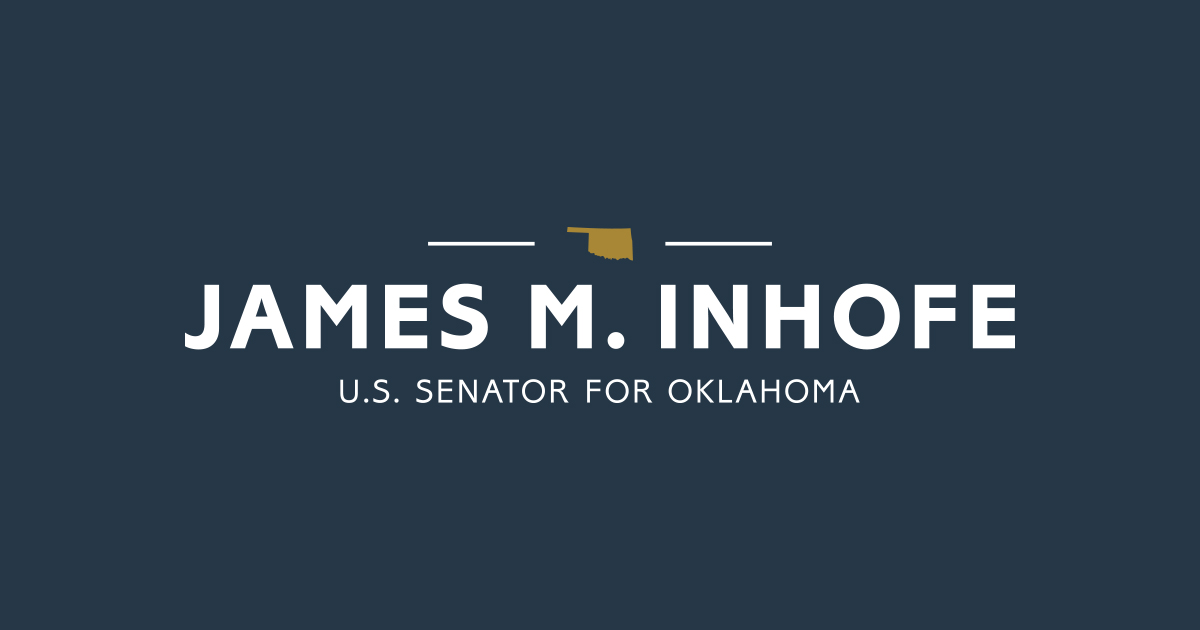Source: United States Senator for Oklahoma James Inhofe
U.S. Sen. Jim Inhofe (R-Okla.), ranking member of the Senate Armed Services Committee, yesterday led the Senate Armed Services Committee in conducting the first of many public oversight hearings about the Biden administration’s disastrous Afghanistan withdrawal.
After substantial questioning, Inhofe ensured General Mark Milley, chairman of the Joint Chiefs of Staff, and General Kenneth McKenzie, U.S. Central Command Commander, gave accurate answers about the withdrawal. Notably, each time, they contradicted previous statements from President Biden.
Here are seven major takeaways he learned from top military leadership:
1. Military leaders advised President Biden to keep at least 2,500 troops in Afghanistan instead of entirely and unconditionally withdrawing.
General McKenzie: “…I recommended that we maintain 2,500 troops in Afghanistan.”
General Milley: “…I do agree with that.”
Reminder: On August 18, President Biden said the military did not tell him to keep 2,500 troops in Afghanistan.
2. Al-Qaeda is reconstituting, and Al-Qaeda and other terrorist organizations could have the capability to strike the homeland as soon as a year from now.
General Milley: “…I believe Al-Qaeda is in Afghanistan, I believe they have aspirations to reconstitute, and I believe if they develop the capability, they have the aspiration to strike.”
Reminder: On August 20, President Biden said Al-Qaeda is “gone” from Afghanistan.
3. America is less safe now. President Biden’s decision to completely withdraw from Afghanistan decreased our ability to attack and strike terrorist organizations like Al-Qaeda and ISIS, and increased the likelihood of an Al-Qaeda or ISIS attack on our homeland.
General McKenzie: “I would not say I’m confident” that the U.S. could deny organizations like Al-Qaeda and ISIS the ability to use Afghanistan as a launchpad for terrorist activity.
Reminder: On August 16, President Biden said, “We conduct effective counterterrorism missions against terrorist groups in multiple countries where we don’t have a permanent military presence. If necessary, we will do the same in Afghanistan. We’ve developed counterterrorism over-the-horizon capability that will allow us to keep our eyes firmly fixed on any direct threats to the United States.”
4. The war on terror is not over.
General McKenzie: “The war on terror is not over, and the war in Afghanistan is not over either.”
General Milley: “I think Al-Qaeda is still at war with us, still, and never has not been.”
Reminder: On August 31, President Biden told Americans “war in Afghanistan is now over.” On September 21, he told the United Nations the U.S. is “no longer at war.”
5. Our credibility with allies and partners — as well as with adversaries — is being questioned.
General Milley: “I think our credibility with allies and partners around the world, and with adversaries, is being intensely reviewed by them…and I think ‘damage’ is one word that could be used, yes.”
Reminder: On August 20, President Biden said, “I have seen no question of our credibility from our allies around the world.”
6. Our military leaders do not think the non-combatant evacuation operation conducted in July and August was an “extraordinary success.”
General Milley: The evacuation was a “logistical success, but a strategic failure.”
Reminder: On August 31, President Biden said the evacuation of Afghanistan was an “extraordinary success.
7. The Taliban did not adhere to the conditions laid out in President Trump’s 2020 Doha agreement. President Biden ignored the tenets of the agreement and unconditionally withdrew from Afghanistan — yet still blamed the Doha agreement for what went wrong.
General Milley: “There were seven conditions applicable to the Taliban and eight to the U.S. While the Taliban did not attack U.S. forces, which was one of the conditions, it failed to fully honor any other commitments under the Doha agreement. Perhaps most importantly for U.S. national security, the Taliban has never renounced Al-Qaeda or broke its affiliation with them.”
Reminder: On August 16, President Biden said, “The choice I had to make, as your president, was either to follow through on that agreement or be prepared to go back to fighting the Taliban in the middle of the spring fighting season.”
